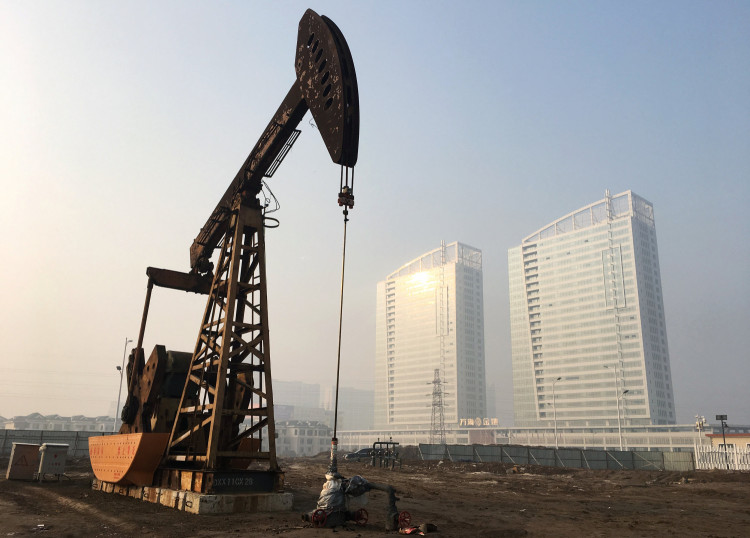State-owned China Petroleum and Chemical Corp, or Sinopec, together with a group of Albertan Indigenous communities have entered into an agreement in the proposal to build a new oil refinery and petrochemical complex in the said Canadian province as the global demand for its heavily discounted crude continues to grow.
China, which is set to become the world's biggest gas importer in the coming two to three years, has struck a deal with a consortium of Alberta indigenous group, China State Construction Engineering Corp (CSCEC) and Alberta management firm, Teedrum, to build a refinery expected to process close to 170,000 barrels of crude per day, turning it into gasoline and other user-end crude products, Stantec Inc, the project's consultant firm, confirmed on Thursday, according to Reuters.
The project, dubbed as the SinoCan Global refinery, would reportedly cost C$8.5 billion, the news outlet added. The financing plan for this corporate brainchild still has to be worked out as well as its ownership, Teedrum chief Ken Horn added.
Subsequent details provided over at the Financial Post indicated that once the Sinopec, Canadian project comes to completion, it would be considered as the world's second-largest refinery built in Alberta. Currently, the biggest is the Imperial Oil Ltd.'s Strathcona Refinery in Edmonton with an output capacity of 194,000 bpd (barrel per day).
Majority of the refined oil products will be for export purposes.
As already mentioned, the scheme will find Stantec providing for SinoCan Global its consulting and regulatory assistance needs, while Sinopec and China Construction will answer the expertise and investment requirements to develop the oil facility.
Speaking of which, the group expects to receive the regulatory approval from both the Albertan and Canadian governments within the next couple of years.
Stantec CEO Gord Johnston said in a press release said that the joint deal will not only leverage local relationships as it will also help engage strong stakeholder relations among the concerned parties while ensuring the success of SinoCan's venture in Alberta's refinery marketplace.
Canadian Crude
Almost the entirety of Canada's crude oil is produced in Alberta, a landlocked province sandwiched in-between British Columbia and Saskatchewan. Pipeline capacity in the region wasn't able to expand to answer the rapidly increasing production output of the refineries.
As pointed out by Reuters, Sinopec will likely to ship its share of the refined products from the North American nation to China via rail to the Pacific Coast. According to several industry experts, China could be one of the biggest importers of Canadian crude which it will process to refine domestically.






